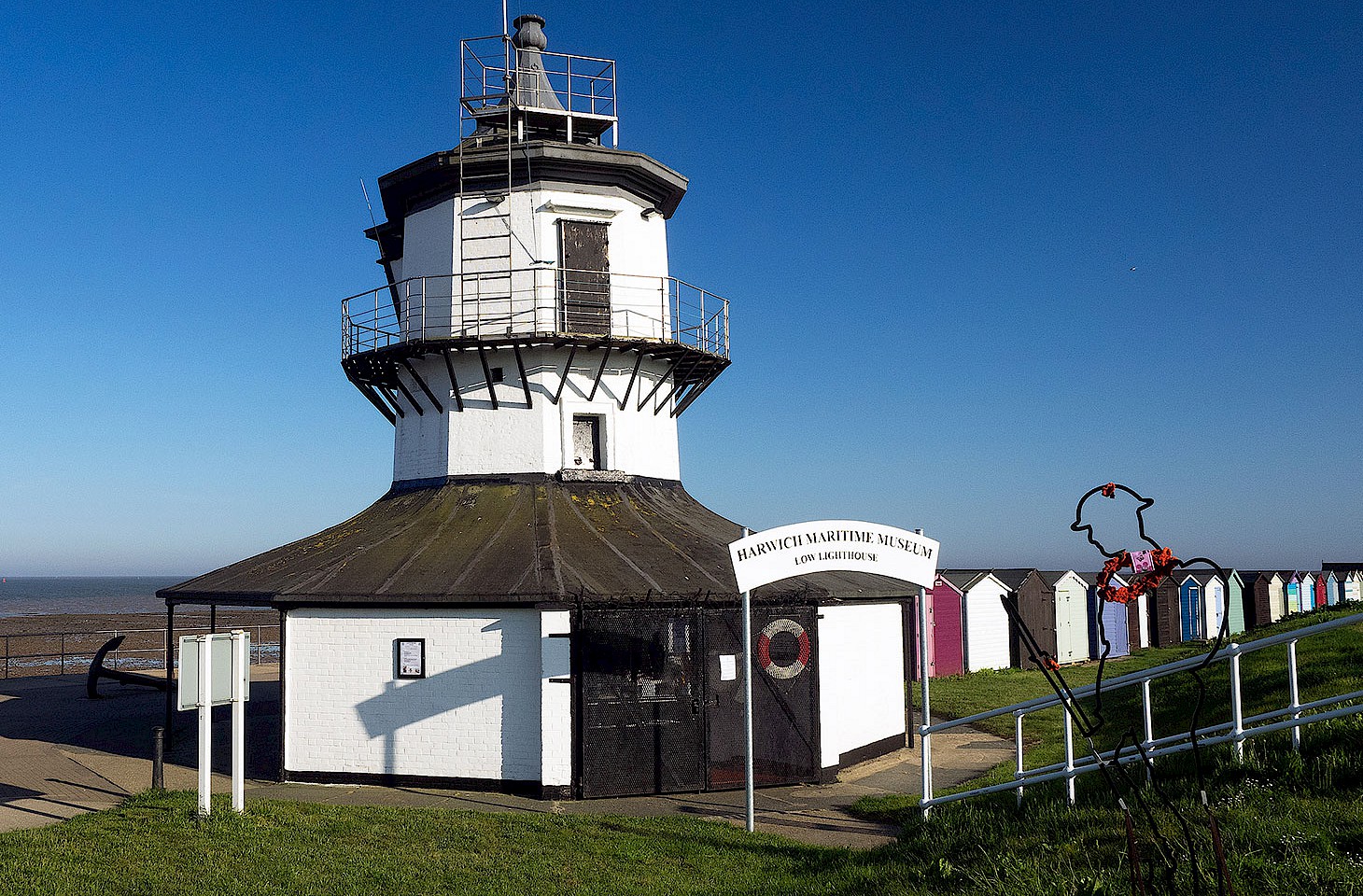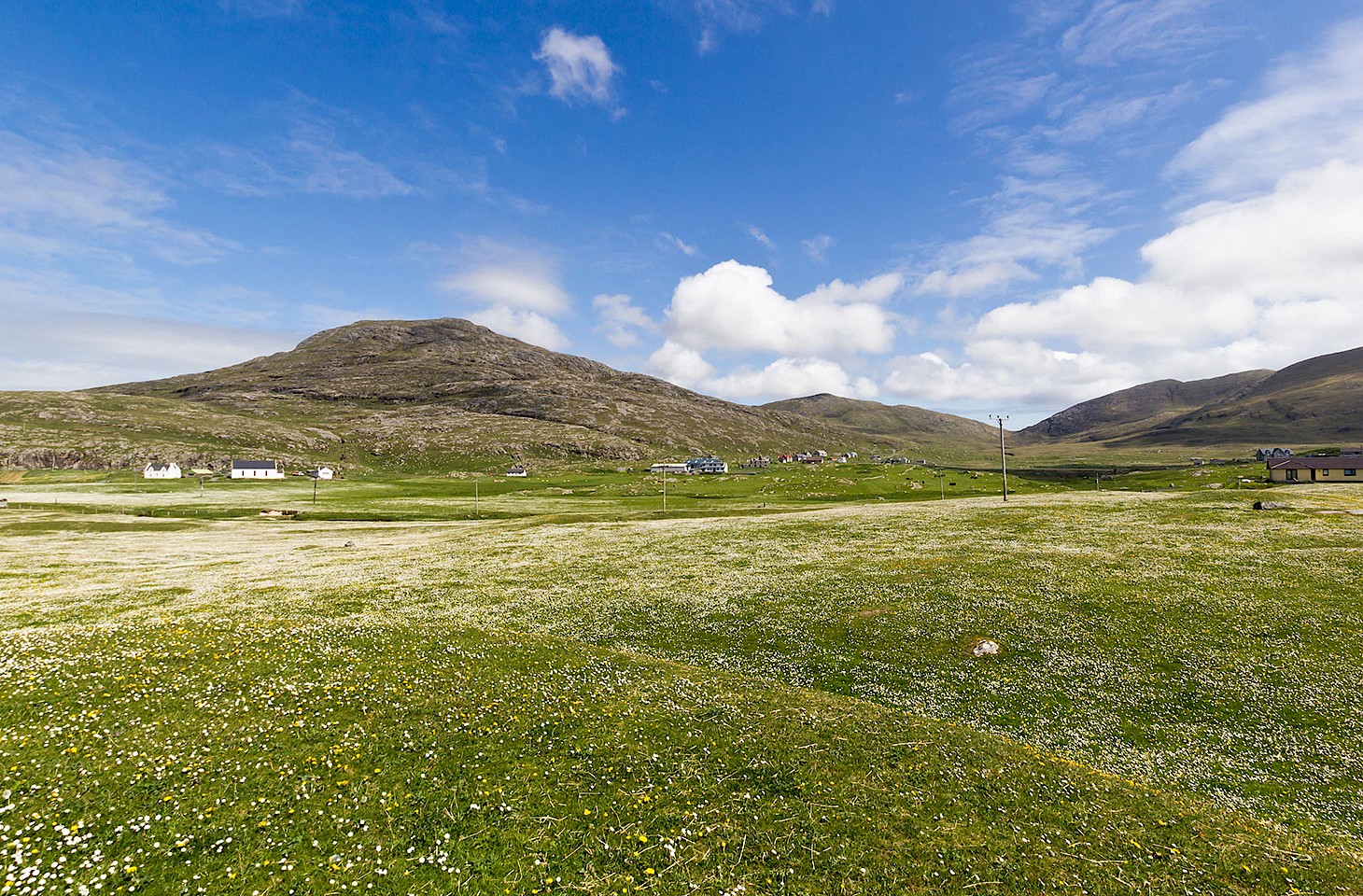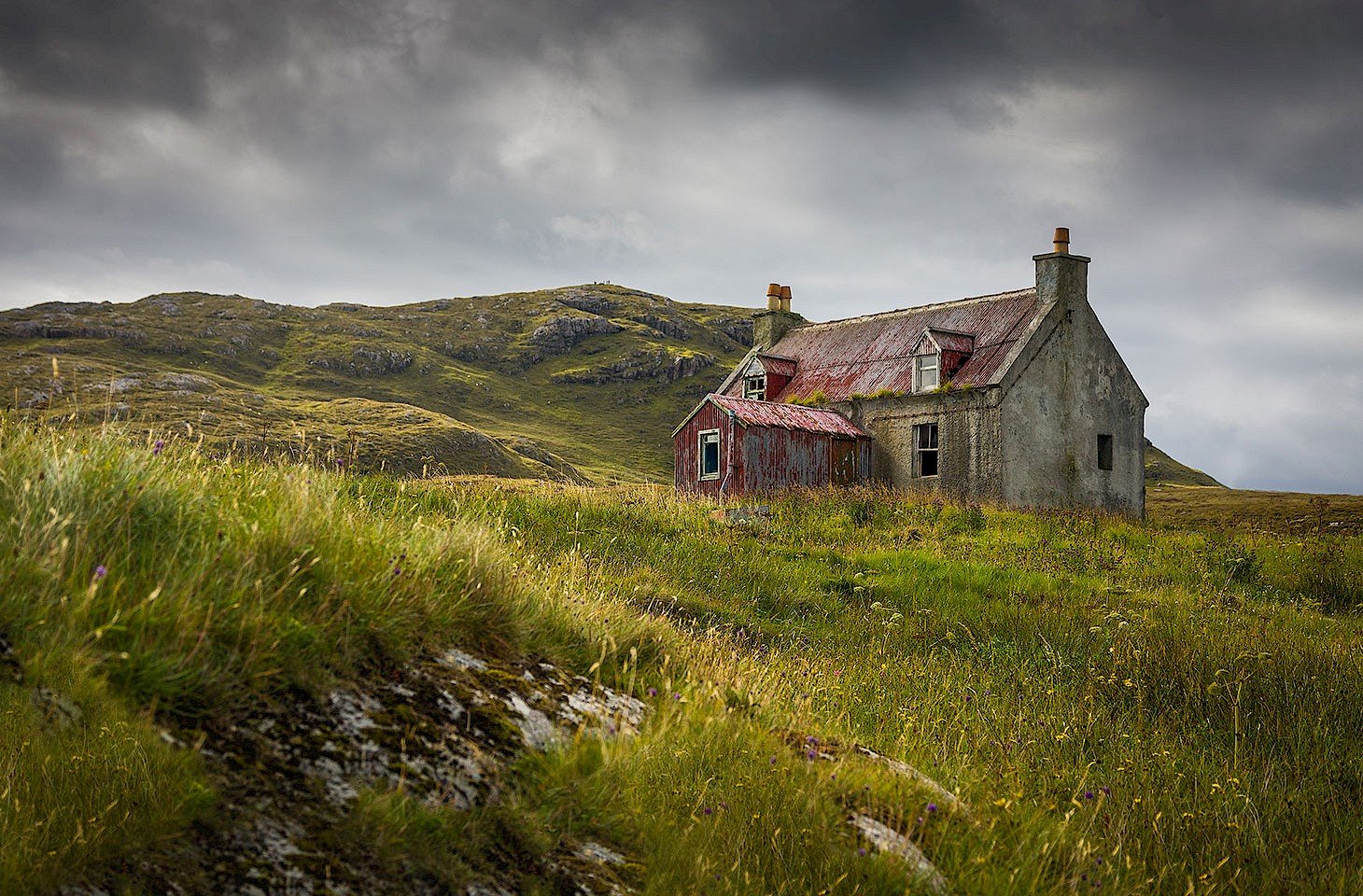There is something undeniably civilised about being able to sip a good malt whisky in the evening, as the night train from London to the Scottish Highlands weaves its way out through the northern suburbs of the metropolis. Here a glimpse of the new Wembley Stadium's shining arch, and then a medley of place names that the estate agents probably deem desirable... Harrow, Hatch End, Bushey. Echoes of John Betjeman's Metroland as the Caledonian Sleeper snakes out through thinning suburbs with their faux-Tudor comforts. And even before the dram is downed, hints of a more rural England as harsh sodium yellow streetlights give way to a darkness that is relieved, from time to time, by country stations where evening stragglers wait for the last train home. A sip of Laphroaig for Cheddington, and another for Atherstone. Then the glass is dry, and so to bed in crisp cotton sheets, where the gentle rocking of the train induces perfect sleep, punctuated occasionally by the distant sounds of nocturnal business as our train pauses at a station that remains forever nameless.
The night train has taken us to places of which we had previously never even heard - like Tczew in northern Poland, where we awoke early one Sunday morning to find our carriage was being shunted into a siding. A lone blue and white sleeping car of the Russian Railways, happily old-fashioned with its velvet curtains and mock-Persian rug, which the grandmaster of the timetable had evidently decreed should be abandoned at Tczew at dawn. There we waited for almost three hours until along came another train bound for Russia. It collected us from our solitary siding and took us east across the River Wisla and on past Malbork's great red fortress. I had never imagined I might enjoy a leisurely breakfast of caviar, crackers and coffee at Tczew - for yes, caviar really is still served for breakfast on the night train from Berlin to Kaliningrad. The term ‘night train' gives the wrong impression here, for actually the train from the German capital to Russia's Baltic port is just a single carriage that is relayed from train to train on its route across Europe. This is batonpassing in grand style, as trains meet in the middle of the night, and the Kaliningrad carriage is passed from one train to another.
Cocooned from the world outside, life in the Kaliningrad carriage follows its own hushed social dynamic, presided over by the carriage attendants. There is a provodnik (male) and a provodnitsa (female), and they are the guardians of decorum. The samovar at the end of the lone carriage is always on the go, an endless supply of hot water for the teas and coffees that map the train's slow progress to the east. Breakfast is a neat package of goodies left in each compartment. Nuts, chocolate, honey, crackers, croissants and a little container of deliciously salty caviar. Not the posh black caviar of course, but Russian red caviar. Even red caviar at Tczew at dawn is a fair match for bacon rolls for breakfast as the Caledonian Sleeper climbs up from the shores of Loch Lomond in Scotland heading north for Rannoch's great moor.
Night trains are extraordinary. They rattle past factories and canals, disturb the deer that graze at the forest edge in the evening, and then, in the wee small hours of the night, they screech round sharp curves in some foreign town. A listless child stirs in her sleep in a house next to the railway tracks, while last night's unwashed crockery trembles on the scullery table.




